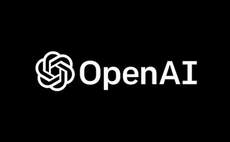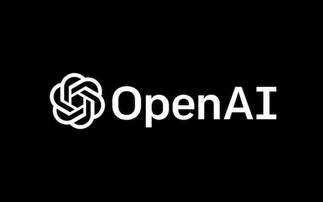
That's according to a study by IBM, which says approximately 40% of employees will need to undergo reskilling within the next three years due to the implementation of AI and automation.
As a result, roughly 1.4 billion out of the 3.4 billion individuals in the global workforce will be impacted by this development.
However, 87% of the 3,000 executives polled by IBM expect job roles to be augmented, rather than replaced, by generative AI technologies like ChatGPT.
With the increasing implementation of AI in many industries, business leaders are wrestling with the ramifications for their organisations.
AI and intelligent automation are establishing a new division of responsibilities between human workers and machines. Businesses are currently integrating AI into their operations to free up employees' time, enabling them to concentrate on matters demanding their individual expertise.
The World Economic Forum foresees that emerging technologies will disrupt around 85 million jobs worldwide from 2020 to 2025, while simultaneously generating 97 million new job opportunities.
The public progress of AI, exemplified by the remarkable ascent of ChatGPT, means that conventional business models will likely be disrupted sooner than many thought, reshaping the landscape of future work.
In March, a Goldman Sachs report warned that the use of generative AI tools and large language models could put as many as 300 million full-time jobs at risk.
For its latest study, the IBM Institute for Business Value (IBV) examined two earlier surveys: one encompassing 3,000 C-level executives across 28 countries, and the other involving 21,000 workers from 21 nations.
The study revealed that although AI technology is anticipated to affect employees at all levels, entry-level positions are projected to experience the most pronounced impact.
Among the executive respondents, 77% noted that entry-level positions are already witnessing the impacts of generative AI, with this expected to escalate in the coming years. In contrast, this figure drops to 22% for executive or senior management roles.
The research also suggests that individuals who reskill to accommodate new technologies are not only more likely to retain their positions but also exhibit enhanced proficiency in their roles.
Organisations that prioritise reskilling can expect a revenue growth rate premium of 15%, according to the study, with those that prioritise AI experiencing an higher revenue growth rate of approximately 36%.
As AI continues its evolution, its impacts are expected to grow more pronounced for stakeholders at all levels, including managerial and executive positions.
According to the IBM study, no role will remain unaffected by the technology, meaning executives will need to reconsider job responsibilities, skill requirements, and the operations.
The report's authors suggest that organisations should prepare to transform traditional processes, job roles and organisational structures and build human-machine partnerships that enhance value creation, problem-solving, decision-making and employee engagement.
This story was originally published on our sister site, Computing UK.
















